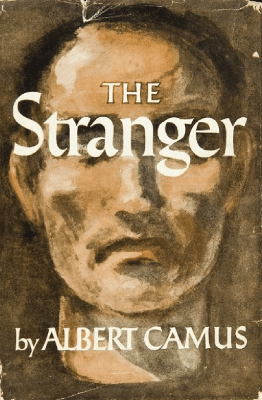Siddhartha is the fictitious biography of a man who shares a name, and temporal-spatial proximity, with the Buddha, and who echoes many notes of the Buddha’s development. This spiritual journey into the self unfolds in rolling lyrical language, develops psychological insights in vivid imagery, and reconciles the cacophonous conflict between the worldly and the spiritual in a symphony of joy. Siddhartha is most memorable for its portrait of its protagonist: who combines amiability with an openness to endless change, and becomes a role-model for spiritual seekers everywhere.
View post to subscribe to site newsletter.









